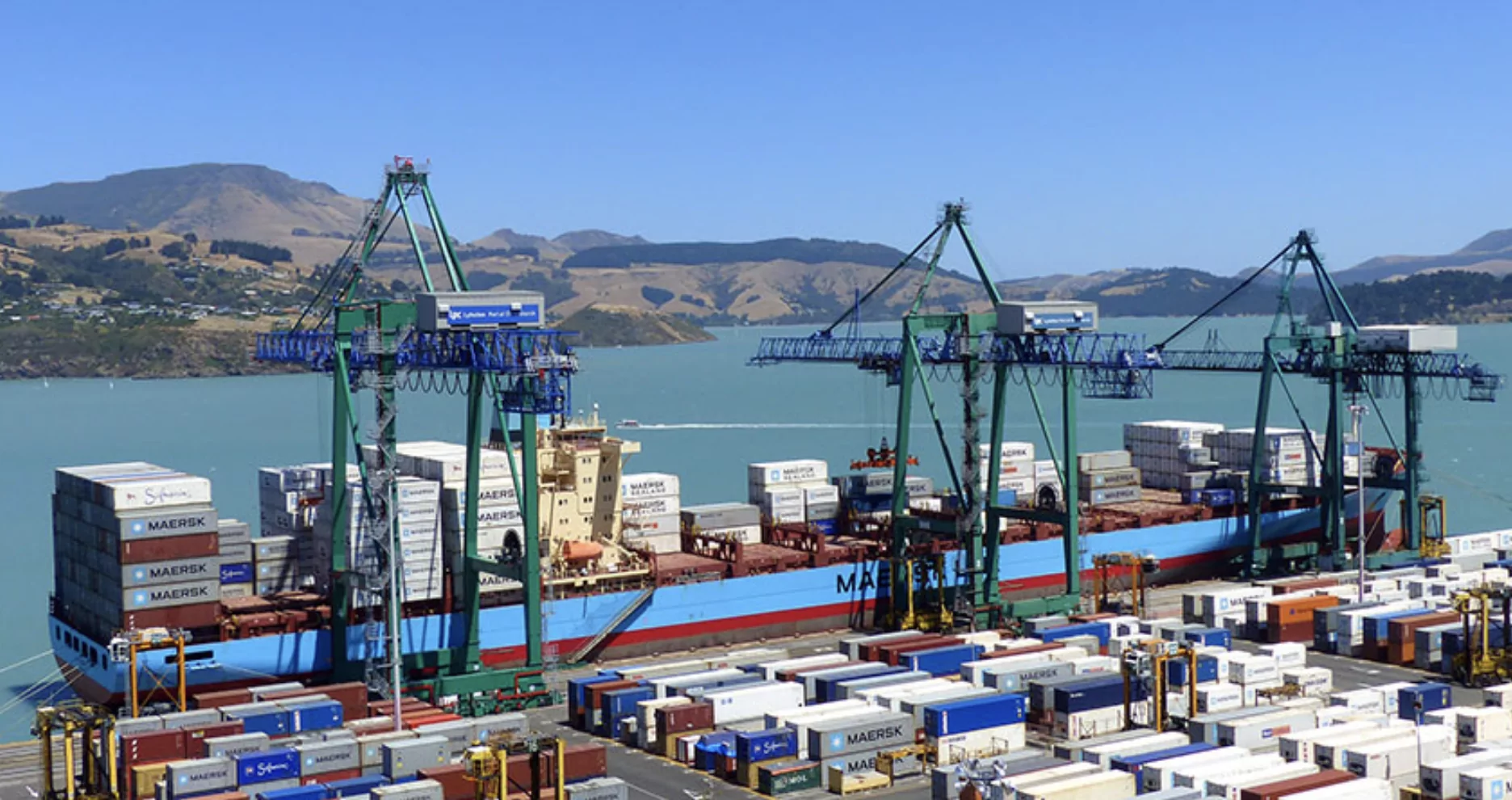Escaped youth tracked by Eagle helicopter, found hiding in New Brighton
The young person who escaped from a youth justice facility in Rolleston has been located...

A new congestion fee at Lyttelton Port by global shipping company Maersk has prompted concern from port workers who say ongoing operational issues are placing pressure on the terminal.
Maersk has confirmed a charge of $200 per container on cargo moving to and from Lyttelton from 1 December for most trades, and from 15 December for regulated markets.
Lyttelton Port Company has acknowledged reduced service levels during what it described as a leadership transition at the container terminal.
Chief Customer and Supply Chain Officer Simon Munt said the company has been working to lift performance.
“We acknowledge our service levels for customers recently have not met expectations. However, we are continuing to take action to address this and are making positive progress in recruitment.
“We are working with our teams as much as we can to maximise staff availability and productivity. We are coordinating with shipping lines to ensure efficient operations and completing recruitment of new team members as quickly as possible.
“LPC is pleased to advise that we have seen improvements in labour supply over the past two weeks. Due to this improvement, we will look to increase proformas. We will continue to review the situation with the aim of reinstating full proformas as soon as possible.”
He said the transition has been challenging for customers and thanked them for their patience.
Lyttelton Branch Secretary for the Rail and Maritime Transport Union Mark Wilson said port workers had not been given any explanation for the Maersk fee.
Wilson said staff had continued to work as they always have, despite significant operational changes imposed by management.
“Though these operational issues are not of the workers making. The workers on the wharf in both unions, continue to work the way we have done always, around the clock available.
“The foremen stevedores have gone through a process of having their role disestablished, with LPC management requiring changes to their roster which they now work.
“The container terminal change proposal was meant to be in place before Christmas, however through what it seems to be constant revising of what operational system LPC would like in place, and the lack of foresight of the proposal, they are now being requested to stay on until April.”
Wilson did not confirm the direct impact the fee will have on workers, but warned the wider economy would feel the effects.
“We are pretty certain there will be less cargo coming through our port whilst it is being operated in this manner.
“Local businesses and the regional economy no doubt will be required to cover this cost to a degree, as well as the loss of profit from LPC to CCHL.”
On Monday Maritime Union of New Zealand representative Victor Billot said “LPC does not have enough experienced foremen/team leaders to operate safely and service ships adequately, leading to disruptions to service levels and delays in loading and unloading container vessels. LPC management has acknowledged their restructure is impacting container vessel loading and unloading times.
“MUNZ must clarify that these delays are not the result of industrial action by our members. Any pressure on labour availability is due to LPC management’s decision to make staff redundant and release them from the business before their new operating model was functioning.”
Billot said “This situation occurs against a backdrop of deteriorating performance and management hostility. Under the current management, performance has plummeted.
“The current management’s approach is a confrontational one focused on pursuing minimum legal requirements rather than acting as a good employer. This approach is not aligned with the Christchurch City Holdings Limited statement of intent.”


